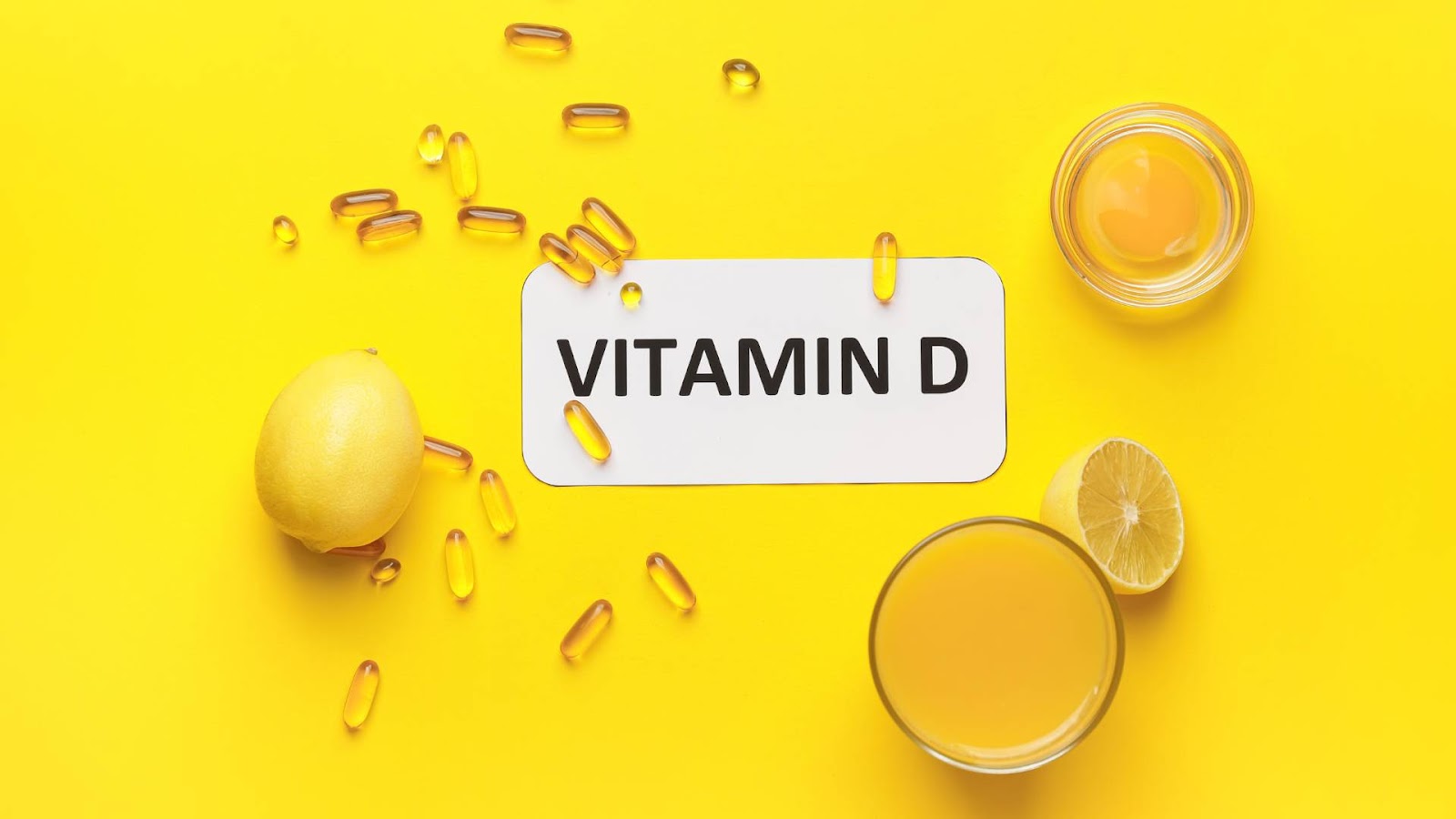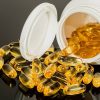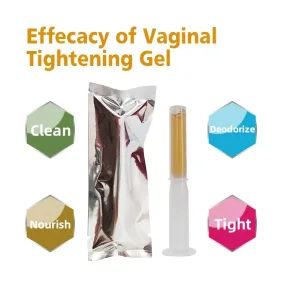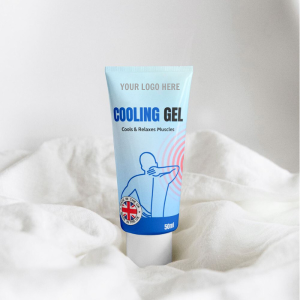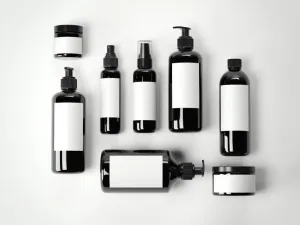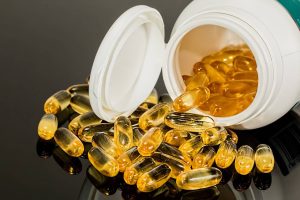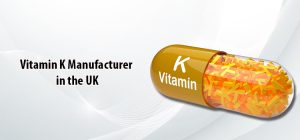With this topic, we delve into the critical role of vitamin D, the manufacturing processes that ensure its quality, and the key considerations for choosing the right vitamin D manufacturer. Let’s uncover the essentials of vitamin D production.
Vitamin D: A quick overview
Vitamin D, often referred to as the “sunshine vitamin,” plays a vital role in maintaining a healthy body. This essential nutrient is crucial for bone health and contributes to immune system function, mood regulation, and muscle strength.
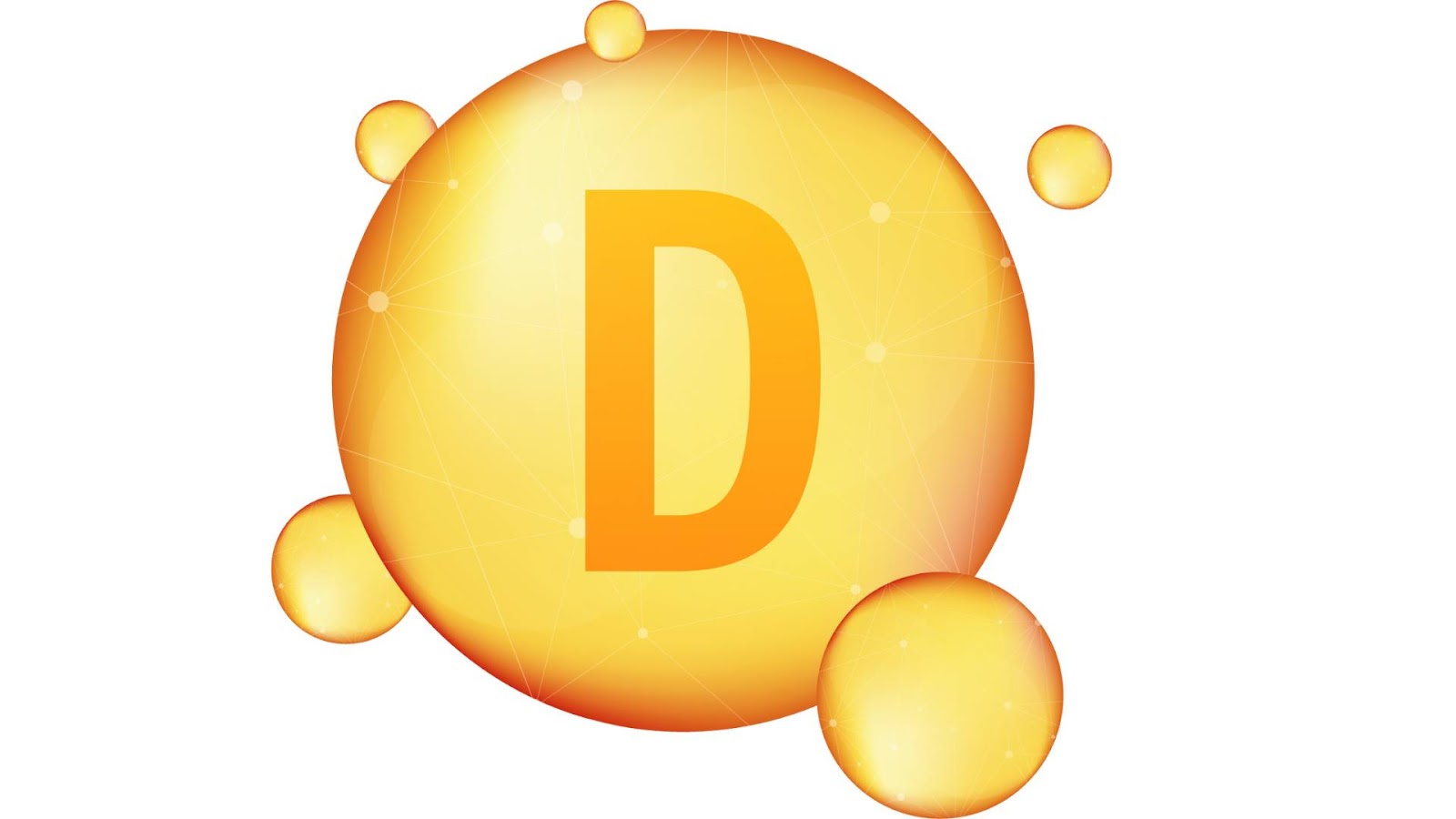
Recommended daily intake for vitamin D
The recommended daily intake of vitamin D varies based on age, sex, and health factors. For most adults, including pregnant and lactating women, the general guideline is around 600-800 IU (International Units). Here’s a breakdown:
- Infants (0-12 months): 400 IU is recommended, especially for those who are exclusively breastfed.
- Children (1-18 years): Typically, 600 IU is suggested to support growth and development.
- Adults (19-70 years): The general recommendation is 600 IU, although some experts advocate for 800 IU, especially for older adults.
- Adults (71 years and older): Aim for 800 IU to support bone health and address potential absorption challenges.
- Pregnant and Lactating Women: 600-800 IU to ensure optimal maternal and fetal health.
These recommendations serve as a general guide, and individual requirements may differ based on factors like sunlight exposure, dietary habits, and specific health conditions. It’s advisable to consult with a healthcare professional for personalized advice.
Benefits of vitamin D
Here are the numerous advantages that vitamin D brings to your health:
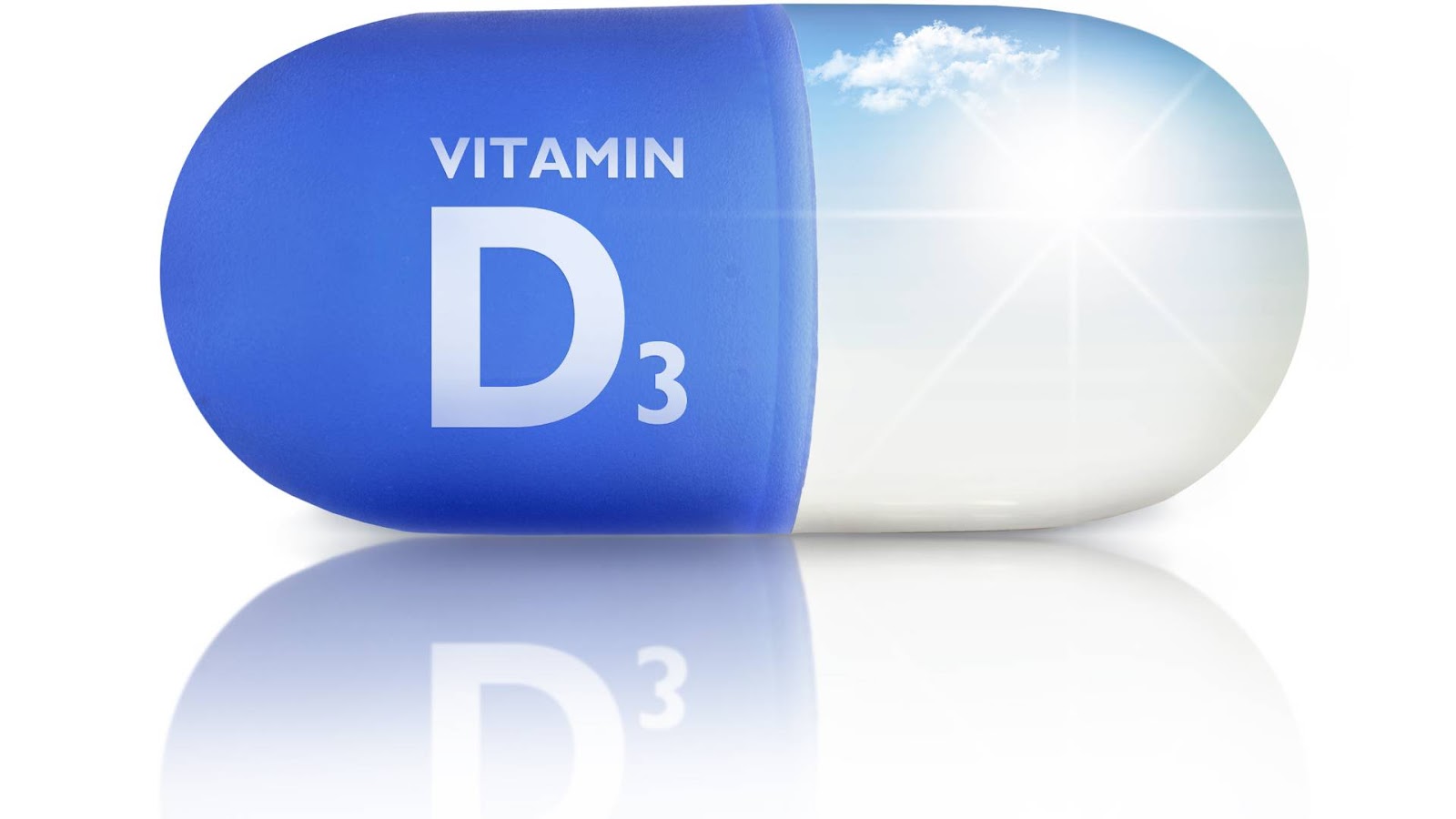
Bone Health
- Calcium Absorption: Vitamin D facilitates the absorption of calcium, ensuring strong and healthy bones.
- Prevention of Conditions: Essential for preventing conditions like rickets in children and osteoporosis in adults.
Immune System Support
- Infection Defense: Vitamin D plays a crucial role in immune function, helping the body defend against infections.
- Antimicrobial Peptides: Contributes to the production of antimicrobial peptides, vitamin D enhances the body’s ability to fight off pathogens.
Mood Regulation
- Serotonin Levels: Linked to mood regulation, with potential benefits for conditions like seasonal affective disorder (SAD).
- Feelings of Well-being: Vitamin D may influence serotonin levels, impacting overall feelings of well-being.
Muscle Strength
- Function and Strength: Vitamin D supports muscle function and strength, reducing the risk of falls and fractures.
- Performance Improvement: Adequate vitamin D levels are associated with better muscle performance.
Cardiovascular Health
- Heart Health: Some studies suggest a connection between sufficient vitamin D levels and cardiovascular health.
- Blood Pressure: Vitamin D may contribute to maintaining healthy blood pressure, and reducing cardiovascular risks.
Cancer Prevention
- Reduced Risk: Emerging research explores the potential role of vitamin D in reducing the risk of certain cancers.
- Specific Associations: Particularly associated with a lower risk of colorectal and breast cancers.
Diabetes Management
- Insulin Sensitivity: Linked to improved insulin sensitivity, potentially aiding in diabetes management.
- Risk Reduction: Research suggests a connection between vitamin D deficiency and increased diabetes risk.
Inflammatory Conditions
- Anti-inflammatory Effects: Exhibits anti-inflammatory effects, potentially beneficial for conditions like rheumatoid arthritis.
- Modulation of Response: It may modulate the inflammatory response in the body.
Pregnancy Support
- Fetal Development: Essential for fetal development, contributing to proper bone and immune system formation.
- Complication Prevention: Adequate levels are crucial for preventing complications like preeclampsia.
Overall Well-being
- System Functioning: Contributes to overall health, ensuring the proper functioning of various organs and systems in the body.
- Holistic Impact: Incorporating vitamin D through sunlight exposure, diet, or supplements offers a spectrum of health benefits, supporting both physical and mental well-being.
Always consult with a healthcare professional for personalized advice tailored to your specific health needs.
>>See more: Vitamin E Manufacturer: Unlocking the Secret to Youthful Skin
Fitness supplement manufacturers: Unlock Your Strength
The manufacturing process of vitamin D
Uncover the intriguing process behind the manufacturing of vitamin D:
UV-B Exposure:
- Starting Point: Vitamin D starts with a precursor in the skin.
- Sunlight Activation: UV-B rays from sunlight trigger a reaction in the skin, converting this precursor to cholecalciferol (vitamin D3).
Extraction from Lanolin or Fish Oil
- Natural Sources: Vitamin D3 can be extracted from lanolin (sheep’s wool) or fish oil.
- Processing: These sources undergo purification processes to obtain a concentrated form of vitamin D3.
Synthesis (Vitamin D2)
- Fungal Transformation: Alternatively, vitamin D2 (ergocalciferol) can be synthesized from ergosterol, a compound found in fungi.
- UV Exposure: Similar to D3, UV irradiation converts ergosterol into vitamin D2.
Purification
- Removal of Impurities: Whether from extraction or synthesis, the vitamin D form undergoes purification to remove any unwanted substances.
Conversion to Active Forms
- Liver Conversion: In the liver, both D2 and D3 undergo conversion to an intermediate form.
- Kidney Activation: The final activation occurs in the kidneys, resulting in the biologically active forms of vitamin D.
Formulation and Fortification
- Incorporation into Supplements: Vitamin D is then formulated into supplements, often as capsules or drops.
- Food Fortification: It can also be added to certain foods, like fortified milk or orange juice.
Quality Control
- Testing and Certification: Rigorous quality control measures ensure the potency, purity, and safety of the final vitamin D product.
- Regulatory Compliance: The manufacturing process adheres to regulatory standards for supplements and fortified foods.
Understanding this process helps highlight the various sources and steps involved in making vitamin D supplements, ensuring their availability for health and wellness.
Rich sources of vitamin D
Let’s look at different foods that are full of vitamin D to help you make sure you’re getting enough of this important nutrient for your health.
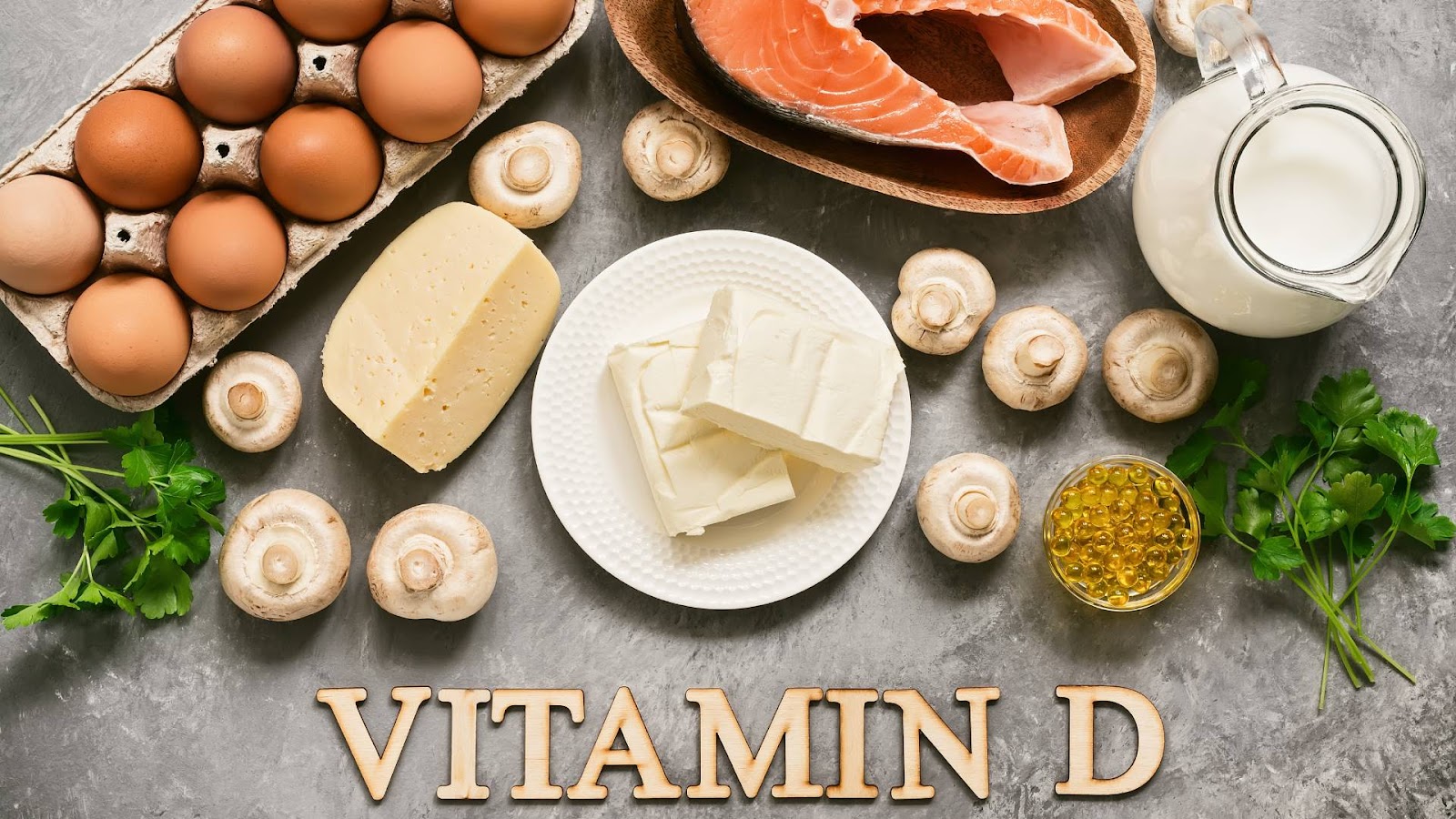
- Fatty Fish: Salmon and mackerel, known for their omega-3 fatty acids, stand out as excellent sources of vitamin D. A 3.5-ounce serving of these cold-water fish can provide more than the recommended daily intake.
- Cod Liver Oil: Cod liver oil emerges as a concentrated source of vitamin D, available in supplement form for those seeking a convenient way to boost their intake.
- Fortified Foods: Milk and orange juice, staples in many households, are often fortified with vitamin D, offering a convenient way to incorporate this essential nutrient. Additionally, certain breakfast cereals are fortified, providing a non-fish option for breakfast enthusiasts.
- Egg Yolks: A natural source of vitamin D, offer a versatile ingredient to incorporate into various meals, contributing to overall nutrient intake.
- Mushrooms: Certain mushroom varieties, when exposed to UV light, produce vitamin D, making them an easy addition to meals that enhance the vitamin content.
- Beef Liver: Beef liver, not only rich in vitamin D but also providing other essential nutrients, can be included in the diet. However, moderation is advised due to its high vitamin A content.
- Cheese: Cheddar and Swiss cheese, in addition to being flavorful, contain small amounts of vitamin D, supporting overall nutrient intake when included in a balanced diet.
- Tofu and Soy Products: Tofu and certain soy products, known for their plant-based protein, may be fortified with vitamin D, serving as suitable options for individuals following a vegetarian or vegan diet.
- Herring and Sardines: Herring and sardines, nutrient-dense choices among seafood, are not only rich in vitamin D but also provide an array of essential nutrients. Canned varieties offer convenience and accessibility.
- Shrimp: Shrimp, while not as high in vitamin D as fatty fish, still contributes to vitamin D intake and adds versatility to various dishes.
Incorporating a diverse range of these foods into your diet ensures an enjoyable culinary experience and provides a comprehensive approach to meeting your vitamin D needs. Always consider individual dietary preferences and health conditions for a balanced and personalized nutritional strategy.
Consequences of vitamin D deficiency
Vitamin D deficiency can lead to various health consequences, primarily due to its pivotal role in maintaining strong bones, supporting the immune system, and influencing other vital bodily functions.
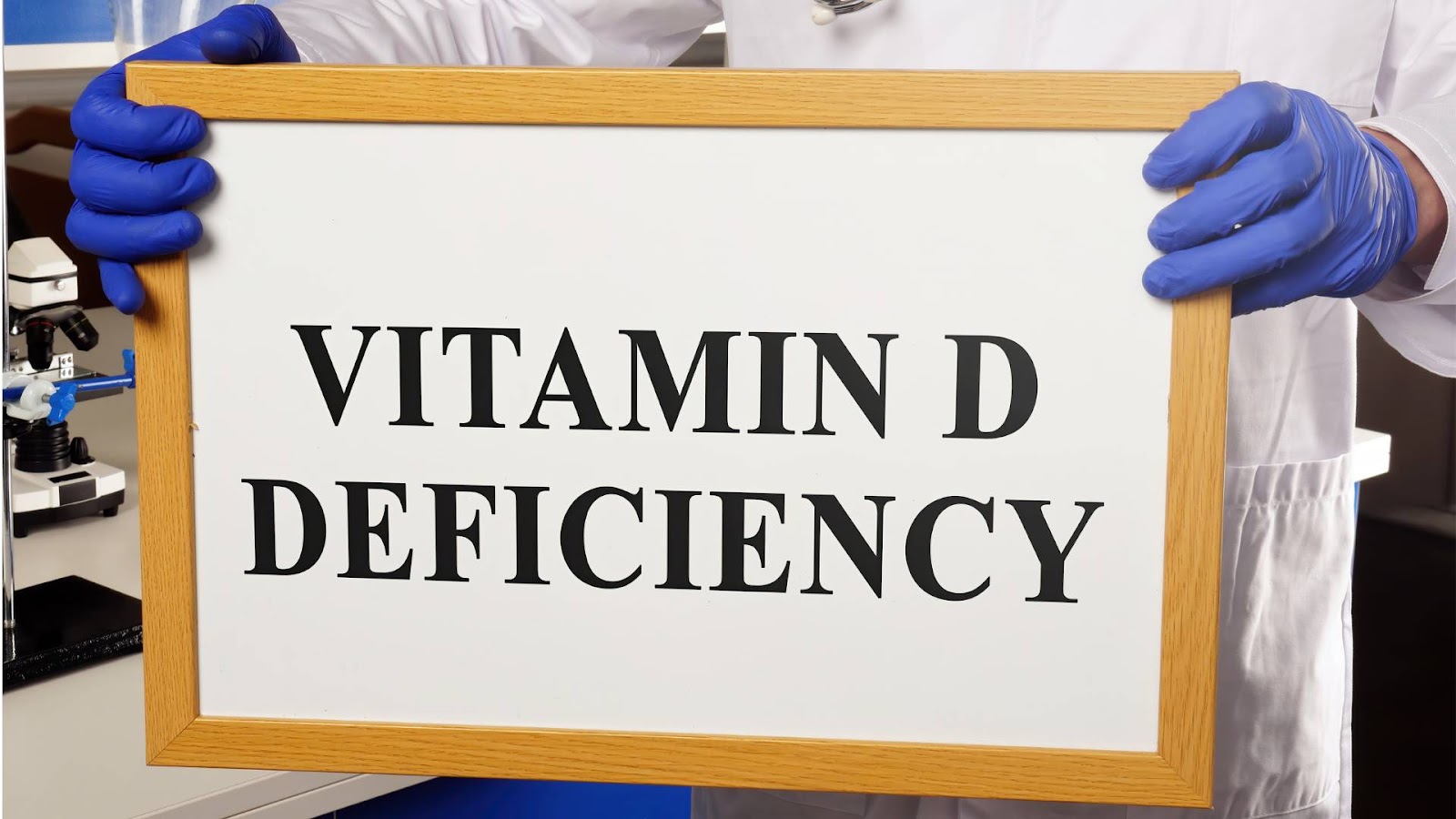
Weakened Bones
Vitamin D deficiency can lead to weakened bones, increasing the risk of conditions like osteoporosis and rickets, especially in growing children.
Compromised Immune System
Insufficient vitamin D may compromise the immune system, reducing its effectiveness in fending off infections and potentially raising the risk of illnesses.
Increased Vulnerability to Diseases
Individuals with a deficiency may be more susceptible to various health conditions, including cardiovascular diseases, diabetes, and certain cancers, as indicated by emerging research.
Mood and Mental Well-being Impact
Vitamin D deficiency may have implications for mental health, contributing to conditions like seasonal affective disorder (SAD) and potentially influencing overall mood and well-being.
Understanding these consequences emphasizes the importance of maintaining adequate vitamin D levels for optimal health across multiple aspects of the body.
Is vitamin D safe?
Generally, vitamin D is considered safe when taken within recommended amounts. However, excessive intake, either through high-dose supplements or overconsumption of fortified foods, can lead to toxicity, known as hypervitaminosis D. This can result in symptoms like nausea, vomiting, weakness, and can even lead to serious complications such as kidney damage.
So, it’s crucial to adhere to recommended guidelines for vitamin D intake, and individuals with specific health conditions or those considering high-dose supplements should consult with a healthcare professional to ensure safety and avoid potential risks.
Possible side effects of excessive vitamin D
Excessive intake of vitamin D, beyond recommended levels, can lead to potential side effects and adverse reactions:

Hypervitaminosis D Symptoms
Excessive vitamin D intake can result in symptoms such as nausea, vomiting, weakness, and a general sense of unwellness, indicating an imbalance in the body.
Complications of Hypercalcemia
Prolonged and severe cases of vitamin D toxicity may lead to hypercalcemia, characterized by elevated blood calcium levels, manifesting in symptoms like excessive thirst and frequent urination.
Risk of Kidney Damage
Hypercalcemia, if left untreated, poses the risk of kidney damage, highlighting the importance of monitoring vitamin D intake to prevent potential long-term health complications.
Critical Adherence to Guidelines
Adhering to recommended vitamin D guidelines becomes crucial to harness the benefits of this essential nutrient while avoiding the potential harm associated with excessive intake.
Understanding these detailed aspects underscores the necessity of maintaining a balanced approach to vitamin D consumption for overall health and well-being.
Explore Uksupplementmanufacturer.com for quality vitamin D manufacturer
UKSupplementManufacturer is your go-to source for trustworthy vitamin D supplements right here in the UK. They’re experts in making custom supplements that suit your health needs, lifestyle, and preferences.
Personalized Solutions
They’re not about one-size-fits-all. UK Supplement Manufacturer takes pride in making supplements that are just right for you. Whether it’s for your health, beauty, or sports goals, we’ve got you covered.
Always Innovating
They love coming up with new and better supplements. UK Supplement Manufacturer is all about staying ahead with the latest and greatest. So, you can trust that what they offer is cutting-edge and top-notch.
Your Wellness Partner
Think of them as your friends on the journey to better health. From making supplements that boost your overall well-being to helping you look and feel great, UK Supplement Manufacturer is all about keeping you healthy and happy.
Create Your Brand
Have you ever dreamed of having your supplement brand? With UK Supplement Manufacturer, you can! We are pros at making high-quality supplements with your label. It’s like having your special brand of health.
If you’re looking for vitamins that are made just for you, with a touch of UK quality, UK Supplement Manufacturer is your answer. We are the ones who make health simple and supplements that work wonders.
Wrapping up
Selecting a reputable vitamin D manufacturer is akin to forging a strategic partnership dedicated to advancing health and wellness. A manufacturer of distinction, such as UK SupplementManufacturer, embodies a commitment to personalized solutions, innovation, and private label expertise.
Vitamin D manufacturer: FAQs
How is Vitamin D manufactured?
Vitamin D is often produced through the synthesis of compounds such as lanolin (from sheep’s wool), fish oil, or fungal transformation for vitamin D2. UV exposure, whether from sunlight or artificial sources, plays a key role in the activation process.
What are the common forms of Vitamin D in supplements?
The two main forms are vitamin D2 (ergocalciferol) and vitamin D3 (cholecalciferol). Vitamin D3 is typically derived from animal sources, while vitamin D2 is derived from plants and fungi.
How are vitamin D levels ensured in supplements?
Rigorous quality control measures are employed during the manufacturing process to guarantee the potency and purity of the final product. Regular testing and compliance with regulatory standards contribute to the reliability of vitamin D supplements.
Can vitamin D be obtained solely from sunlight?
Yes, vitamin D synthesis in the skin occurs when exposed to UV-B rays from sunlight. However, factors such as skin type, geographic location, and seasonal variations can impact the efficiency of natural vitamin D production.
Are there vegetarian or vegan-friendly vitamin D supplements?
Yes, vitamin D2 supplements, derived from plant sources, are suitable for vegetarians and vegans. Additionally, some vitamin D3 supplements are now available in plant-based forms.
What is the recommended daily intake for vitamin D?
Recommended daily intake varies by age, sex, and health factors. For most adults, it typically ranges between 600-800 IU, but individual needs may vary.
Can excessive vitamin D intake be harmful?
Yes, excessive intake can lead to hypervitaminosis D, causing symptoms like nausea, vomiting, weakness, and, in severe cases, complications such as hypercalcemia, which may result in kidney damage.
Is vitamin D safe for pregnant women?
Vitamin D is generally considered safe for pregnant women when taken within recommended amounts. However, individual needs should be discussed with a healthcare professional to ensure optimal health for both the mother and the baby.

